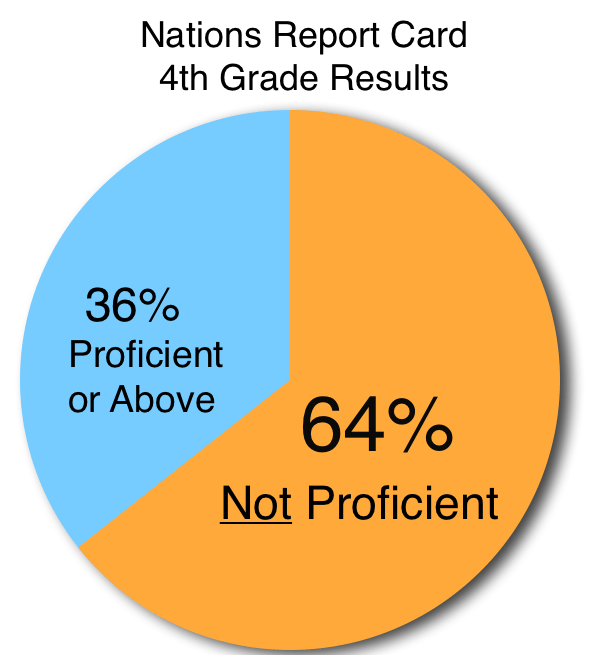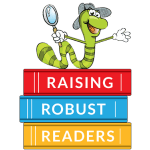Teaching Independent Reading to Adults and Children with Down Syndrome

At Raising Robust Readers, we believe in going beyond the alphabet and whole word instruction to provide a reliable foundation in independent reading for adults and children with Down syndrome. We realize our loved ones may have special needs, learning disabilities, and cognitive challenges; but we also know they are not defined by them. Their strengths and potential do. Experience has shown us that when learners of all ages are presented with a phonetic program that is reliable, sensible and predictable, at various developmental levels, they may make great strides toward independent reading.
As we work with the Down syndrome community, our goals are to help families, volunteers, and professionals:
- See beyond the stereotypical “characteristics of Down syndrome” that might limit their teaching strategies.
- Move beyond the alphabet and sight words to discover the English reading “code.”
- Understand the concept of phonograms: a single letter (the alphabet) or a 2-, 3-, or 4-letter combination that shows the smallest sounds in words we see (ex: m, ee, igh, eigh) and their impact on independent reading.
- ‘Train the brain” to “see sounds” in words, not just letters
- Take advantage of teachable moments on the go, wherever they go
- Follow a unique sequence of instruction that facilitates the acquisition of skills from simple to more complex.
- Incorporate all teaching through multi-sensory play.

Hop Outside the Sight Word Box
You may have been encouraged to focus on whole word instruction because individuals with Down syndrome typically have stronger visual skills than auditory skills. But consider, too, that when our children are less capable in one area than another, we practice those weaker skills to help our children develop them sooner rather than later. If their muscle tone is low, we don’t wait until they are two to practice crawling or walking. If they are speech delayed, we don’t wait for them to talk before we model correct sounds.
Likewise, exposing and practicing auditory activities will give our learners more opportunities to strengthen this area. Earlier acquisition of phonemic awareness skills (the ability to hear and manipulate sounds) will give them a stronger foundation for independent reading success.
But, even more important, our brains can recall only a limited number of words. Even if that number is large, it will still have a limiting effect. When students have independent reading skills, that is, they can decode unfamiliar words themselves, academic progress increases.

But, perhaps even more important, being a functionally literate adult broadens options and opportunities for
- independent living
- competitive employment
- social activities
Phonics, We Tried It. It Didn't Work

Source: 2015 Nations Report Card
Perhaps you have previously introduced phonics and found it ‘just didn’t work.” Well, don’t blame your child. The 2015 Nation’s Report Card from the NAEP reveals approximately two-thirds (2/3) of 4th and 8th graders, across America, read BELOW proficiency. Seriously, if the majority of these children cannot read proficiently, we need to look at why. It can’t be the fault of the child. Surely, in America, more than one third of our students are capable.
So we did extensive research into the way conventional phonics is traditionally taught. We have identified three traditional approaches that could easily confuse, frustrate, and even fail our nation’s children. If these methods can negatively affect typical beginning readers, consider how much more challenging it would be for our children with Down syndrome.

Using research-based Orton-Gillingham strategies, with an overlay of “real-life” living and teaching experiences, we developed an approach that is especially responsive to the various learning styles of our loved ones. Typically, our children with Down syndrome thrive in situations that are
- routine,
- structured and
- predictable.
They feel more confident repeating things that give them expected results. Throw something unexpected into the plan, and a meltdown can occur. Realizing this, doesn’t it make sense to use a reading approach that reflects and supports their personalities? We thought so, and set about doing just that.
